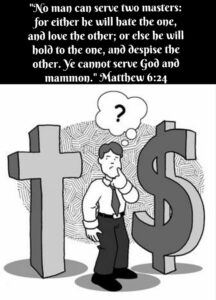The United States of America is experiencing a big dose of civil unrest: particularly against the police. There are numerous instances involving police brutality and excessive force. With the advent of the Smartphone giving access to practically everyone to cameras these days, these events have been bought to the spotlight. This has led to increased scrutiny and public outcry against the authorities, specifically the police. While this outcry and scrutiny are justifiable in many instances, is it the total answer? Will it bring change? What does the Bible say about authority? It is time for us, especially Christians, to take a close look at authority and the Bible.
What is Authority?
According to Nelson’s Bible Dictionary, authority is “The power or right to do something, particularly to give orders and see that they are followed. The word authority as used in the Bible usually means a person’s right to do certain things because of the position or office he [or she] holds. This word emphasizes the legality and right, more than the physical strength, needed to do something.”
Authority and the Bible
Now that the definition of authority has been established, what does the Bible say about Authority?
Rom 13:1-6
13 Everyone must submit himself to the governing authorities, for there is no authority except that which God has established. The authorities that exist have been established by God. [cf. 1 kings 10:9] (2) Consequently, he who rebels against the authority is rebelling against what God has instituted, and those who do so will bring judgment on themselves. (3) For rulers hold no terror for those who do right, but for those who do wrong. Do you want to be free from fear of the one in authority? Then do what is right and he will commend you. (4) For he is God’s servant to do you good. But if you do wrong, be afraid, for he does not bear the sword for nothing. He is God’s servant, an agent of wrath to bring punishment on the wrongdoer. (5) Therefore, it is necessary to submit to the authorities, not only because of possible punishment but also because of conscience.
(6)This is also why you pay taxes, for the authorities are God’s servants, who give their full time to governing. NIV
This is what the bible says about power and authority.
Ok, let’s take a close look at this passage.
Verse 1 – Everyone must submit himself to the governing authorities, for there is no authority except that which God has established. The authorities that exist have been established by God.
The Scripture says, “Everyone must submit.” Submission means cooperation, loyalty, and a willingness to obey.
Looking at the context of this passage, Paul was writing to Christians in Rome that were living under an authoritarian and oppressive government. Even so, in spite of them ruling in an ungodly way, Paul advised them to submit to this authority.
Why? “The authorities that exist have been established by God.”
Authorities are established by God. Though they may not act as such, even though they are operating in an ungodly way, they have been established by God.
Verse 2 – Consequently, he who rebels against the authority is rebelling against what God has instituted, and those who do so will bring judgment on themselves.
When citizens rebel against the authorities, they are ultimately rebelling

against God because it is God that has placed them there. Further, those who disobey bring judgment down on themselves. When citizens disobey the authorities they are simply on the wrong side of the law and there are consequences for that action. Part of the reason for so many police killings and incidents is rebellion against authority.
Verse 3 – For rulers hold no terror for those who do right, but for those who do wrong. Do you want to be free from fear of the one in authority? Then do what is right and he will commend you.
In this verse, Paul is addressing the proper function of authority and government: to uphold those who are right and punish those who are wrong. If we do what is right, there is nothing to fear. This is the will of God for authority.
Verse 4 – For he is God’s servant to do you good. But if you do wrong, be afraid, for he does not bear the sword for nothing. He is God’s servant, an agent of wrath to bring punishment on the wrongdoer.
The Sword presents authority and the powers have God-given authority. It is important to understand that it was given for our good. However, if we rebel against this authority, we can expect wrath and punishment. No one is above the law. Therefore, when we behave as evildoers and lawbreakers we are treated as such. All communities are responsible to obey the law (vs.1).
There is more Biblical wisdom on this in Prov. 24:21-22:
21 Fear the Lord and the king [the government], my son, and do not join with the rebellious, 22 for those two will send sudden destruction upon them,and who knows what calamities they can bring?
If we do not want to be treated the same as the rebellious, we should not engage as they do.
Verse 5 – Therefore, it is necessary to submit to the authorities, not only because of possible punishment but also because of conscience.
Responsible citizens have two (2) good reasons to submit to their government: to avoid punishment and to take note of their own conscience, for it is the conscience that will prompt them to do what is right. Christian believers especially know in their consciences that obeying the authorities pleases God. If we are to maintain a good conscience and honor God, we must honor authority.
Verse 6 – This is also why you pay taxes, for the authorities are God’s servants, who give their full time to governing.
We actually pay for this authority to protect us from the lawless. The duty of government and authority is to serve and protect. Therefore, why should we not submit to them?
To Summarize
The present situation is beginning to resemble Rome. But even in living under an ungodly and cruel government such as Rome, the Scriptures state that citizens are to obey their authority. Otherwise, expect no more than wrath and punishment. The powers, the government is placed in power by God and will ultimately have to answer to God for whatever injustices have been committed against its citizens. Since this power was not given to us as individuals, we have no right to rebel or disobey and expect any other outcome. Therefore, it behooves us to obey and leave the rest to God.
Life Application for Today
Today, concerning the government, the big emphasis of concern is on the police and the excessive use of force—rightly so. Police reform is drastically needed to balance order in our cities. However, something is missing in this effort. If this missing element is not placed on the scale, it will never balance. This missing element is the citizen (s).
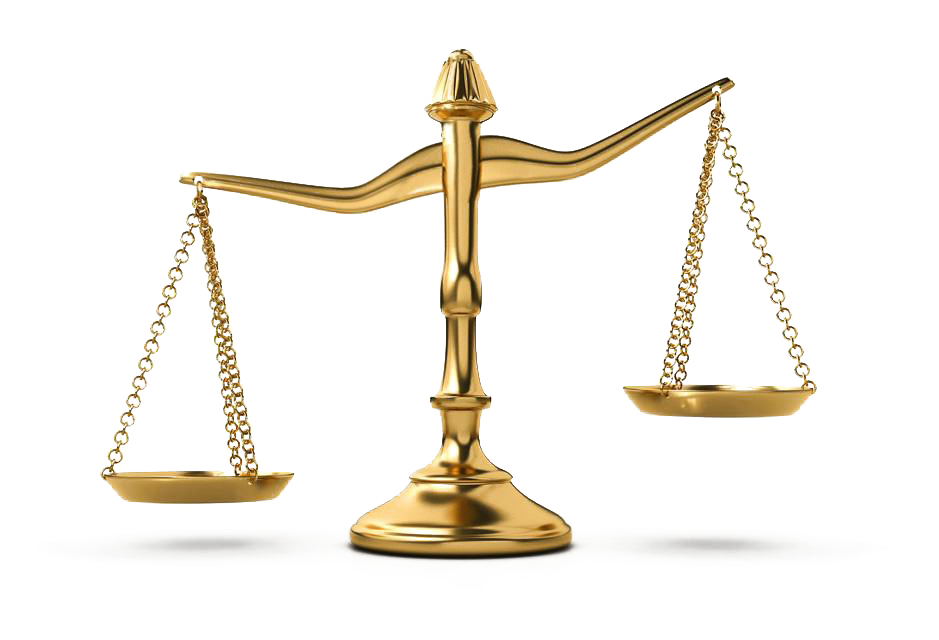
All of the effort to attain this balance is being directed toward the police. However, what about the responsibility of the citizens? We have seen in the above passage of Scripture that it is the responsibility of the citizen to obey the law. Citizens must be accountable for their actions as does the Police.
The postmodernism movement has ushered in a toxic atmosphere of rebellion that includes rebelling against authority. This is particularly dangerous for our youth and they are suffering as a result. The community leaders of influence and all adults need to encourage our youth and one another to respect and obey the law. We must work on being better citizens.
We promote all sorts of social concerns through public service announcements (PSA’s). These include littering, the wearing of seat belts, anti-cigarette smoking, and being vaccinated. Why not PSA’s that promote an anti-crime movement that focuses on civil compliance to the laws – on being responsible citizens, working together with the authorities to attain and maintain peace. This climate will help to avoid arrests initially.
In most (not all) of the cases of excessive force that have reached national attention and notoriety, a balanced observation will yield a conclusion that an act on part of the citizen initiated action from the police. There is usually some form of resistance (e.g. running away, grabbing the officer’s weapons, disobeying commands, resisting handcuffs, etc.) that requires actions from an officer. While the officer’s actions in these cases may be excessive, if the citizen’s actions were in compliance with the law, perhaps no force would have been necessary initially. These actions from citizens only escalate the situation.
Even if we are approached for the wrong reason or what we may feel is the wrong reason, we must comply (vs. 2).
The Takeaway
There must be law and order in the land. The first step for law and order is obeying the law.
While the outcry for police reform is necessary, there is also a need for an outcry to submit to authority and obey the law instead of focusing solely on the actions of the police. Obedience to the law will cool the temperature and reduce the need for authoritative action. The more we obey the less of a need for police engagement.
In order for police reform to succeed, there must be obedience to the law. It is an imbalance to restrain the police and not address lawlessness. We must be careful not to restrain the police to the point of non-effectiveness. This will only lead to uncontrollable civil disobedience.
Balance is the key to life and God delights in balance and obedience. 1 Sam 15:22: “…To obey is better than sacrifice,”
Justice is a two-way street. Let’s look at the definition of justice from Nelson’s Bible Dictionary.
JUSTICE- “The practice of what is right and just. Justice (or “judgment,” KJV) specifies what is right, not only as measured by a code of law, but also by what makes for right relationships as well as harmony and peace.”
“The English term justice has a strong legal flavor. But the concept of justice in the Bible goes beyond the law courts to everyday life. The Bible speaks of “doing justice” (Ps 82:3; Prov. 21:3), whereas we speak of “getting justice.” Doing justice
is to maintain what is right or to set things right. Justice is done when honorable relations are maintained between husbands and wives, parents and children, employers and employees, government and citizens, and man and God. Justice refers to brotherliness in spirit and action.”
Any relationship is a two-way street, including the relationship between the government and the people! This must be a collaborative effort. If we want to have a better relationship with the police, we must do our part and work on being better citizens. We must work together, not in rebellion.
This is what pleases God. Prov. 21:3,
3 To do justice and judgment is more acceptable to the Lord than sacrifice. KJV
Amen
Please feel free to leave any questions, comments, and concerns below. You will receive a response.
Blessings!

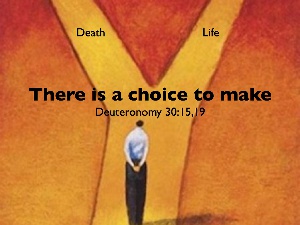


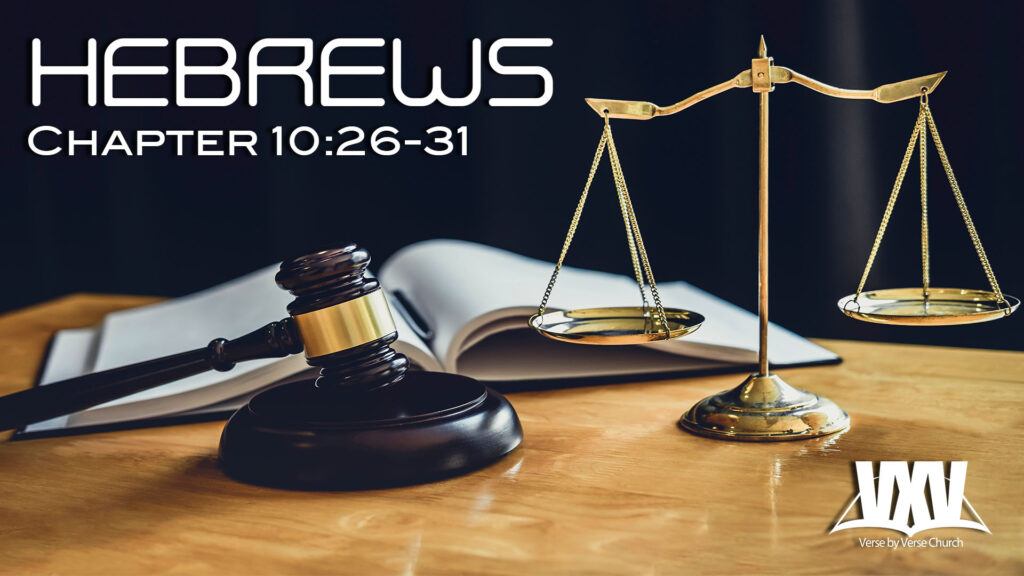
 just as His love acts. God’s holiness has to strike out against injustices and immoralities and against all wickedness—to protect His name.
just as His love acts. God’s holiness has to strike out against injustices and immoralities and against all wickedness—to protect His name.
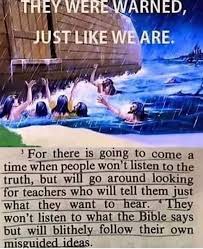


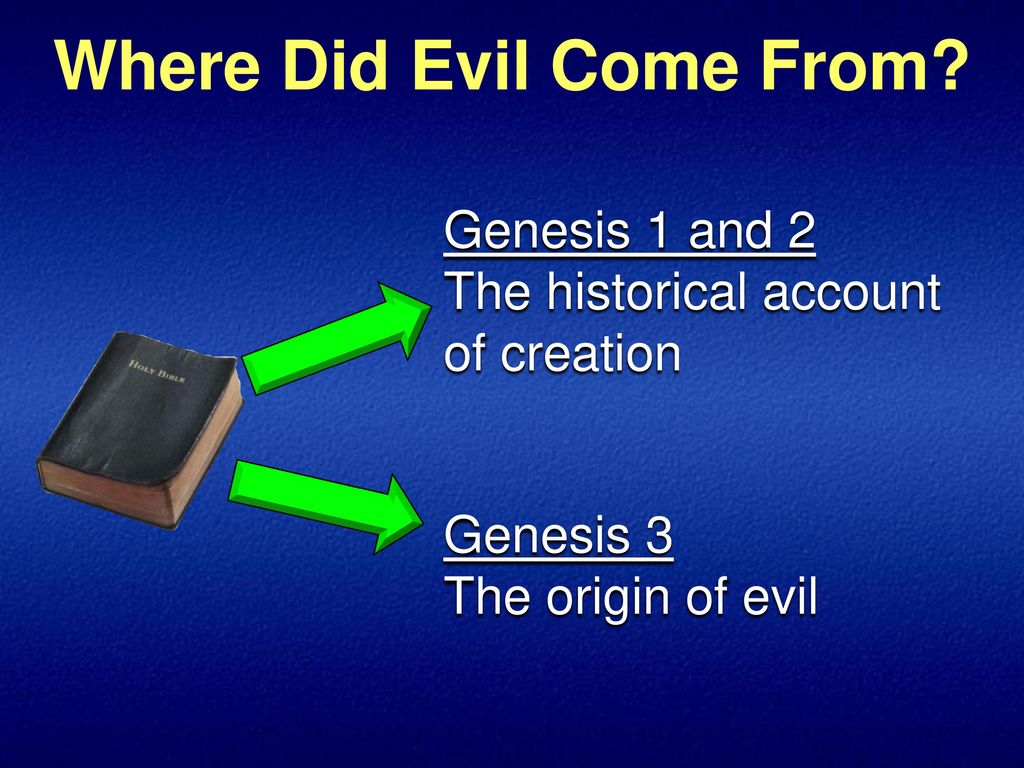
 disobedience. God gave man a choice and he chose disobedience—sin.
disobedience. God gave man a choice and he chose disobedience—sin.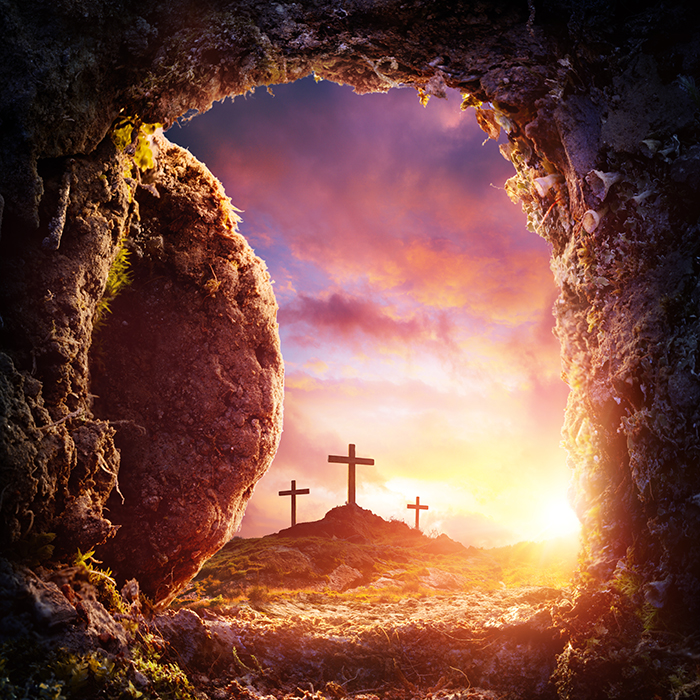
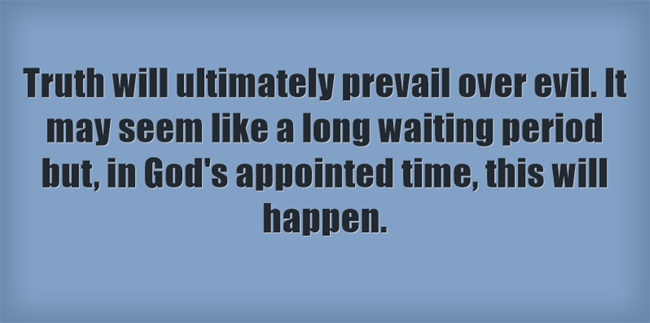 allowing evil to exist but only for a time. It won’t be as long as it has been before the return of Christ as we are living in the last days.
allowing evil to exist but only for a time. It won’t be as long as it has been before the return of Christ as we are living in the last days.

 easily forget that our life, health, and strength—our very existence upon this earth—are due to God. It is God who willed us to be born and who had established the laws of reproduction through which we are born.
easily forget that our life, health, and strength—our very existence upon this earth—are due to God. It is God who willed us to be born and who had established the laws of reproduction through which we are born. forget that He protected us from situations equal to our venomous snakes and scorpions.
forget that He protected us from situations equal to our venomous snakes and scorpions.
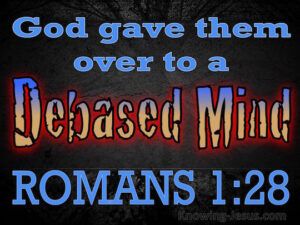


 reap a harvest if we do not give up. NIV
reap a harvest if we do not give up. NIV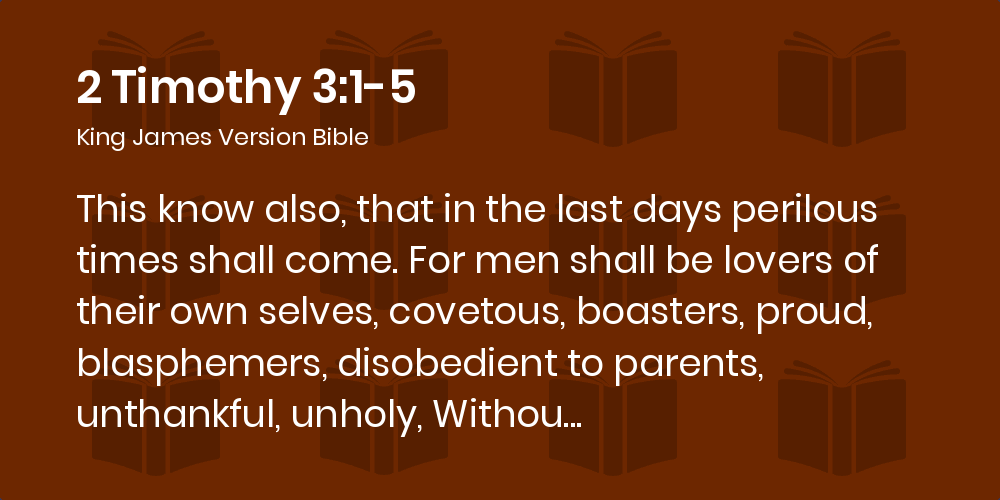 godless world. The world will be dangerous because it will be godless. As you read through, take note of how the terrible marks of the last days seem very much like a picture of today.
godless world. The world will be dangerous because it will be godless. As you read through, take note of how the terrible marks of the last days seem very much like a picture of today.
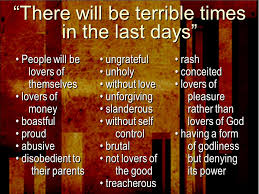 don’t have to think very hard!
don’t have to think very hard!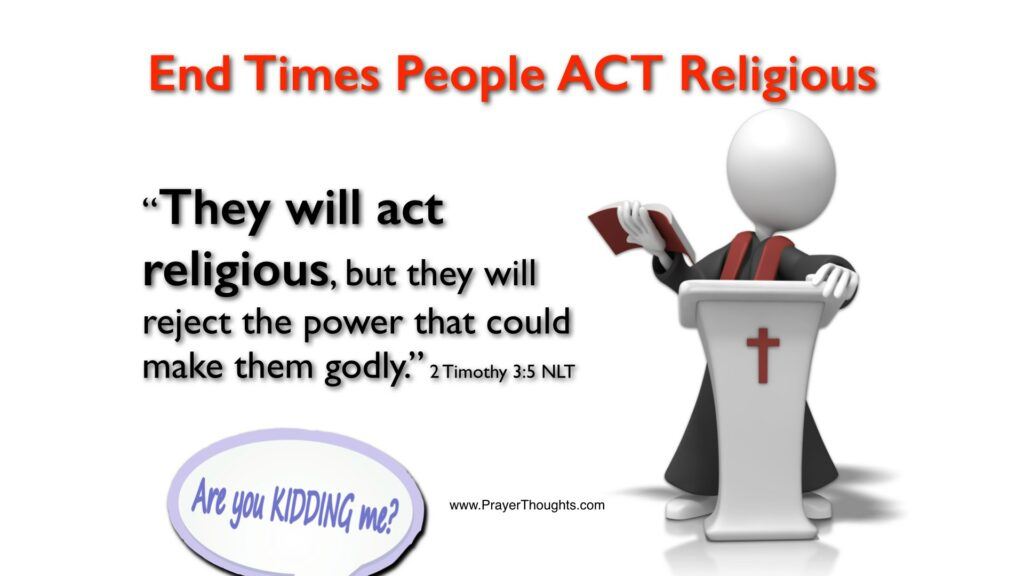

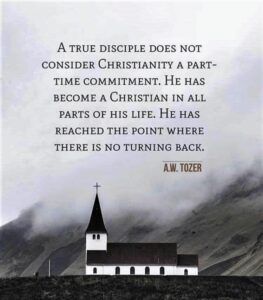

 have no pleasure in him.”
have no pleasure in him.”
 manifestations of the Gifts of the Spirit. [1 Cor. 12:1-11]
manifestations of the Gifts of the Spirit. [1 Cor. 12:1-11]
 after pledging — will be alienated from the Vine at the trunk and utterly discarded because they are worthless and frequently contaminate the rest of the vine. Therefore, fruitless followers are of no use to God’s kingdom and are good as dead.
after pledging — will be alienated from the Vine at the trunk and utterly discarded because they are worthless and frequently contaminate the rest of the vine. Therefore, fruitless followers are of no use to God’s kingdom and are good as dead. command. It additionally has a continuing emphasis; in that, the command to “abide” isn’t fulfilled in a one-time act. What abiding means for the disciples and all Christians presently is to make a perpetual, minute-by-minute determination to follow Christ. And we must not be passive. Instead, we Christians must be active because we have a lot to do.
command. It additionally has a continuing emphasis; in that, the command to “abide” isn’t fulfilled in a one-time act. What abiding means for the disciples and all Christians presently is to make a perpetual, minute-by-minute determination to follow Christ. And we must not be passive. Instead, we Christians must be active because we have a lot to do.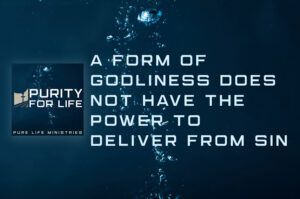 godliness as a cloak of respectability while denying God’s power over their lives by the way they live. This is simply hypocrisy.
godliness as a cloak of respectability while denying God’s power over their lives by the way they live. This is simply hypocrisy.


 attending of church services. He is trying to get our attention. For more on this, please read the article,
attending of church services. He is trying to get our attention. For more on this, please read the article, 
